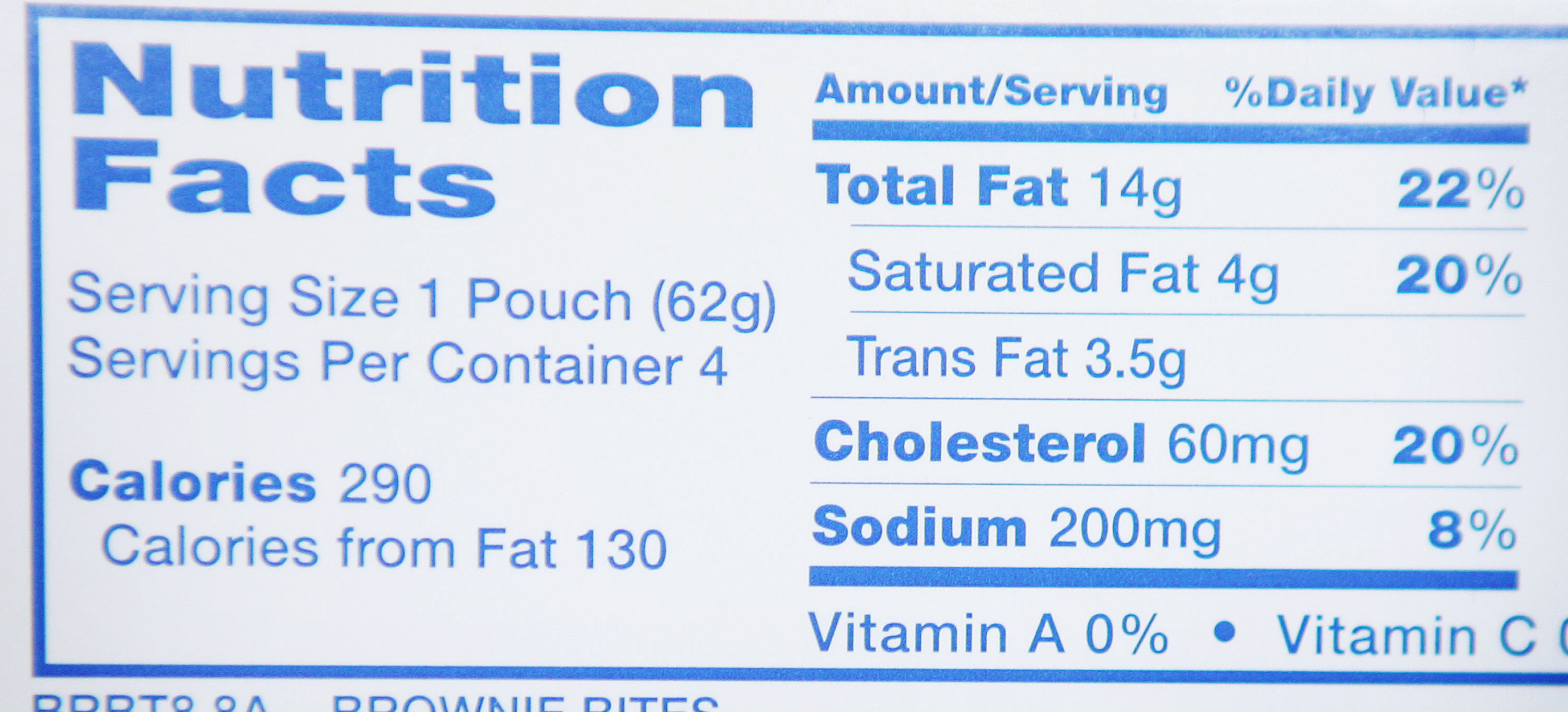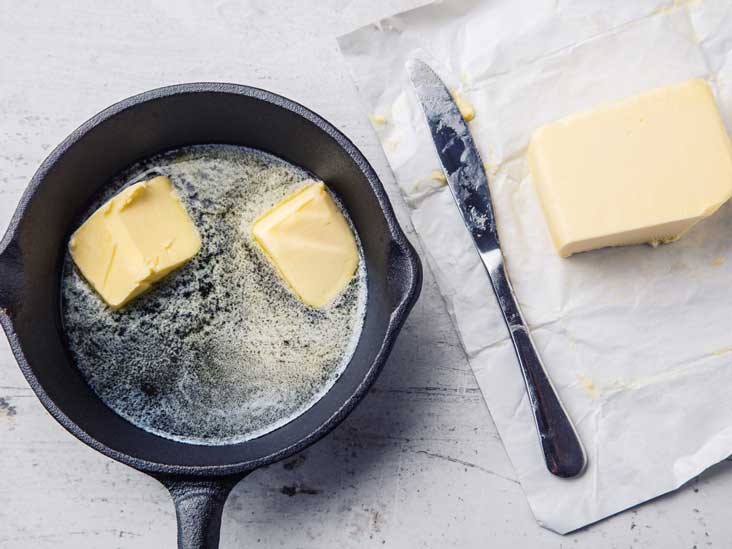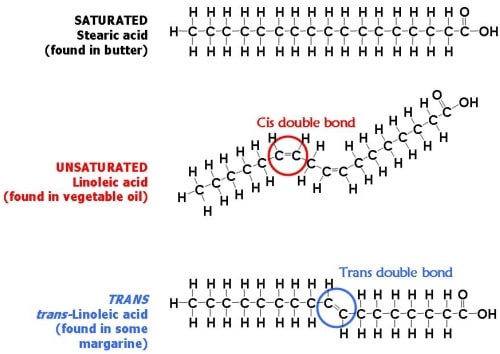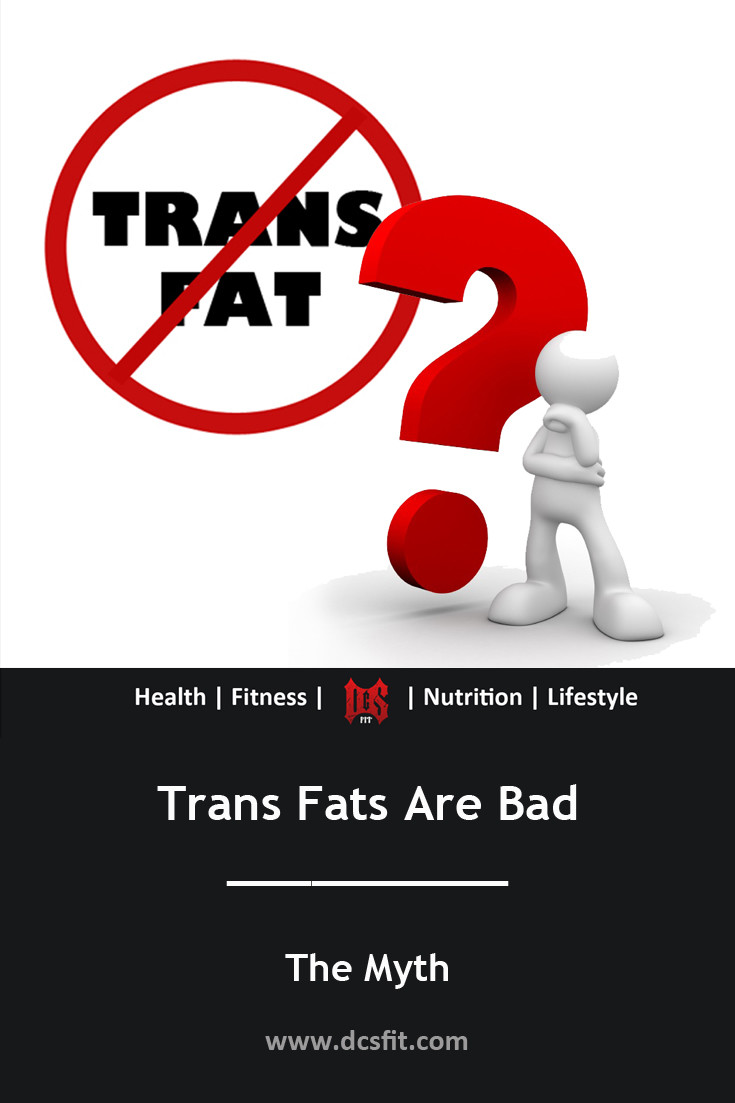Why Are Trans Fats Bad For You
On Tuesday U.S. officials announced that it is moving forward on a ban of artificial trans fat from our food supply. What does that mean and why is trans fat bad?
American consumers are finally winding down their love-hate relationship with trans fats. Yesterday, the Food and Drug Administration (FDA) announced that manufacturers must stop adding trans fats to foods by 2018.

WebMD knows that fats are an important part of a healthy diet. Learn about these good fats, including how much – and which kind – you should be eating.

New Customers. If you subscribe to any of our print newsletters and have never activated your online account, please activate your account below for online access.
How Trans Fats Harm the Body. Trans fats work against the body in many ways. They increase bad cholesterol –low-density lipoprotein, or LDL — and decrease good cholesterol — high-density lipoprotein, or HDL.


This is a detailed article about trans fats and why they are bad for your health. They can cause heart disease and lead to all sorts of metabolic problems.





Trans fat, or trans-unsaturated fatty acids, trans fatty acids, are a type of unsaturated fat that occur in small amounts in nature, but became widely produced industrially from vegetable fats for use in margarine, snack food, packaged baked goods, and frying fast food starting in the 1950s.
Trans Fats. Trans fats increase the risk of heart disease by clogging arteries, increasing total cholesterol levels and reducing the level of good cholesterol, or HDL, in …
NOTICE When we started this website in April 2003, trans fats were not even on the national radar screen. It was easy to maintain a trans fat website in those days, because so little was happening.

We know research shows that reducing trans fat in the American diet helps reduce risk of heat disease, but how and why? Let’s try to clear up the confusion about trans fats.